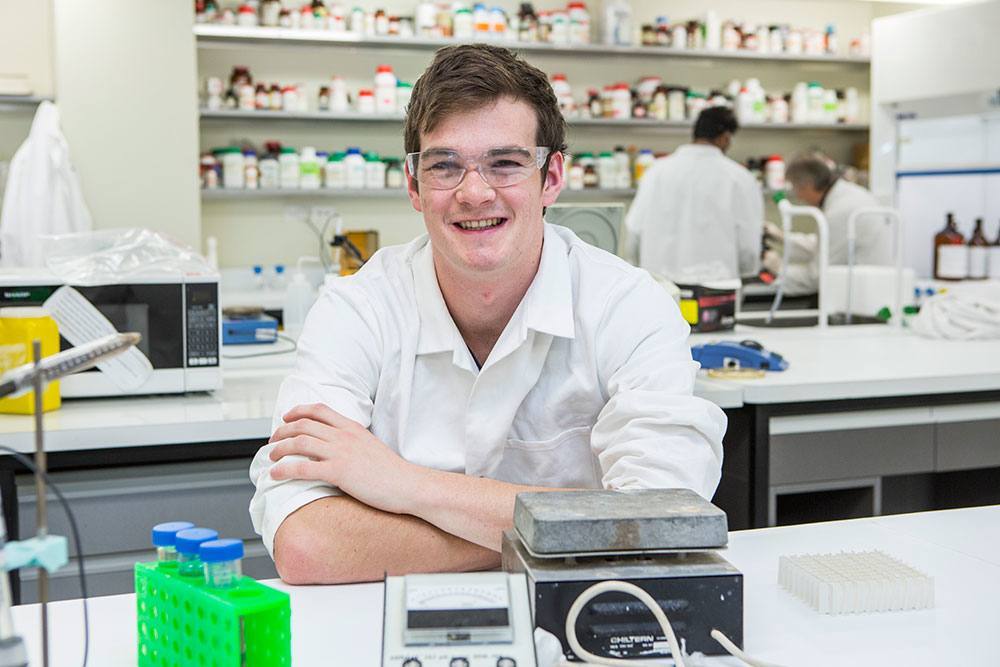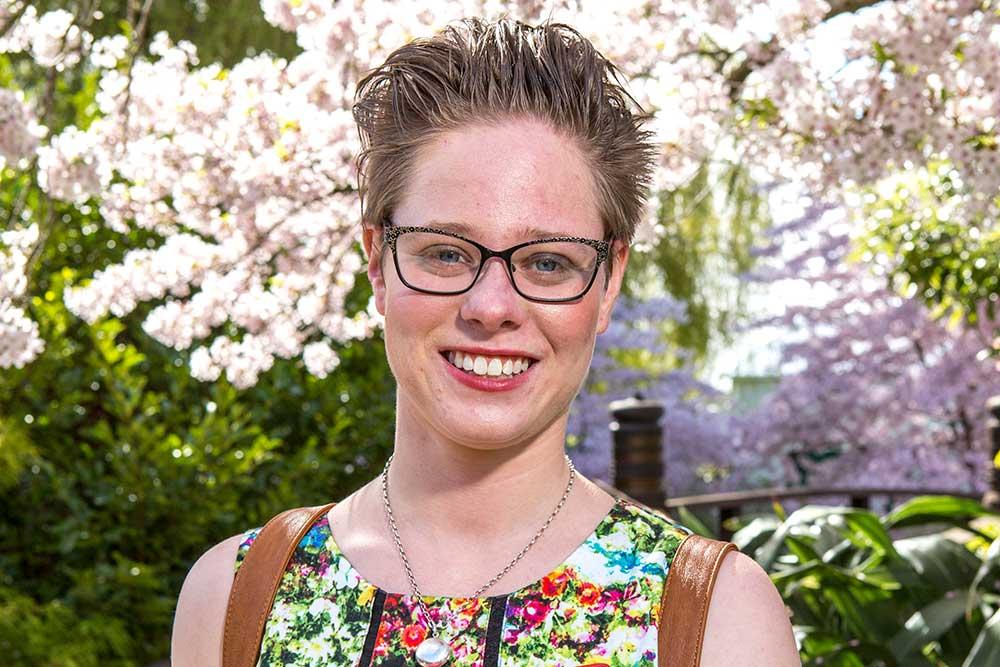Courses
UC offers the following postgraduate programmes in Biotechnology:
See the individual qualification pages for more information on degree requirements.
Bachelor of Science with Honours majoring in Biotechnology
Complete the following for the major:
Another 30 points are chosen from BIOL429, BIOL463, and BIOL 455–462.
The remaining course may be selected from other courses approved by the Programme Coordinator.
Postgraduate Certificate in Science majoring in Biotechnology
You will need to complete at least 45 points in 400-level BIOL courses for the major. In total 60 points must be completed for the PGCertSc from Biological Sciences and/or other Science courses.
Postgraduate Diploma in Science majoring in Biotechnology
At least 120 points of courses, including BIOL411 Research Preparation, BIOL412 Research Proposal, and BIOL496 Plant Developmental Biology and Biotechnology, is required for the major.
At least 45 points are chosen from BIOL429, BIOL463, BIOL 455–457, BIOL 459-462, with the remaining points selected from other courses approved by the Programme Coordinator.
Master of Science majoring in Biotechnology
Part I of the MSc in Biotechnology is 120 points, including BIOL411 Research Preparation, BIOL412 Research Proposal, and BIOL496 Plant Developmental Biology and Biotechnology.
45 points are chosen from BIOL429, BIOL463, BIOL 455–457, BIOL 459-462, and the remaining selected from other courses approved by the Programme Coordinator.
You will need a B+ Grade Point Average to proceed to Part II of the degree.
Part II requires BIOT690 MSc Thesis.
Doctor of Philosophy (PhD) in Biotechnology
In the PhD, you will complete a thesis of original research in the Biotechnology field (BIOT790 Biotechnology PhD).










